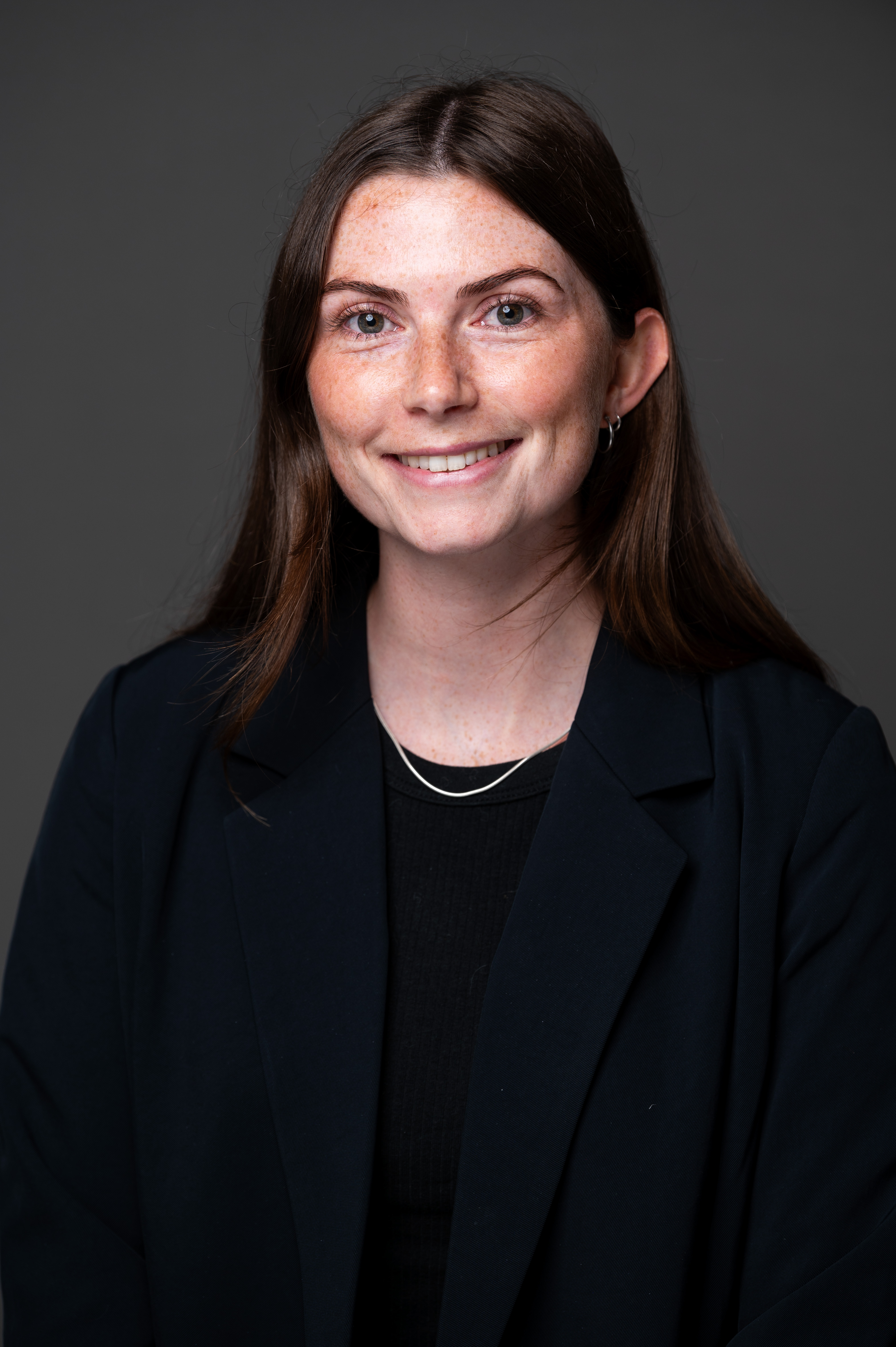The coast is a place of profound beauty, complex ecology, and immense social value. It is also a place where we struggle to contain the impacts of increasing human use, pollution, and development. And with the threat of global climate change, our desire to protect the coast now frames a more fundamental, existential question:
How can we live sustainably, and equitably, in the face of unprecedented environmental change?
UC Santa Barbara’s Ocean and Coastal Policy Center (OCPC) is tackling this question by engaging some of our most pressing coastal policy challenges: adapting to sea level rise, assuring universal shoreline access, and protecting the coast's unique ecology. Working at the intersection of coastal stewardship, governance, and justice, OCPC provides expert science and policy analysis to governments, NGOs, and citizens working for sustainability and equity along our coasts.
The OCPC is part of UCSB’s Marine Science Institute, where it seeks to leverage the extensive expertise of the University’s marine and coastal science faculty and programs, as well as the adjacent Bren School of Environmental Management and UCSB’s Environmental Studies Program, one of the nation’s first undergraduate programs in interdisciplinary environmental studies.
Under the direction of Dr. Charles Lester, the Center is developing projects addressing coastal resilience, the protection of public trust lands, and examining the legacy of California coastal protection. Dr. Lester is also advising conservationists and working with faculty at Catholic University in Santiago, Chile, as part of the Chile California Conservation Exchange, bringing knowledge and experience from California coastal management to the mission to promote sound coastal management of Chile's coast.

Dr. Charles Lester is the director of the Ocean and Coastal Policy Center in the Marine Science Institute at UC Santa Barbara, where he researches, writes, and advises about sea level rise, coastal resilience, and other aspects of coastal law, policy and management. Charles previously worked for the State of California and the California Coastal Commission for twenty years, including serving as the agency’s fourth executive director from 2011 to 2016. Previously, Charles was an assistant professor of political science at the University of Colorado, Boulder, where he taught environmental law and policy, with a focus on public lands governance and coastal zone management. He received his Ph.D. and J.D. from UC Berkeley, and a B.A. in Geochemistry from Columbia University.
Charles has expertise in integrated coastal management and California coastal law and policy. He has extensive experience in California, including managing and directing coastal planning and regulatory projects for the Coastal Commission. In 2015, he led the agency's completion of California's first comprehensive land use guidance for addressing sea level rise and coastal protection on the outer coast (Sea Level Rise | Adopted Policy Guidance). Charles speaks regularly on coastal management, adaptation and resilience.
Lilia Mourier is a Graduate Research Assistant with the Ocean and Coastal Policy Center at UCSB’s Marine Science Institute. There, she works on the California Beach Resiliency Project, funded by the California Ocean Protection Council, aimed at guiding local and state strategies for beach resilience against sea level rise. She is pursuing a Master of Environmental Science and Management degree at UCSB's Bren School with specializations in conservation planning and coastal marine management. Lilia has over five years of hands-on experience in riparian and estuarine conservation and holds a B.S. in Marine and Coastal Science with a minor in Geology from the University of California, Davis. Her early career was spent conducting adventurous fieldwork across California, studying watershed geomorphology and salmonid fisheries, notably as a Corps Member with the Watershed Stewards Program through the California Conservation Corps and AmeriCorps. Most recently, Lilia worked with the San Francisco Estuary Institute (SFEI), contributing to applied research on the resilience of the Bay's water quality to nutrient loading over time. This experience reinforced her commitment to addressing the challenges of urbanization on coastal ecosystems. After graduating, she aims to work in coastal environments at the urban-nature interface, fostering healthy and resilient natural spaces and communities in the face of climate change.
As a 2018 graduate in Environmental Resource Management from the University of Calabar, Ada Olumba has a strong foundation in environmental conservation. Her experience in the EPAD Division of the Cross River Ministry of Environment deepened her passion for environmental policy and management. Her undergraduate thesis, "Assessment of the Cross River National Park's Role in Resource Conservation," highlighted the importance of the park despite the challenges of over-exploitation. This research sparked Ada's interest in ecosystem management and led her to pursue further education at the Bren School. Working with the Cross River Ministry shifted her focus to environmental policy, recognizing the interconnectedness of ecosystem management and policy. Ada's ultimate goal is to become an environmental consultant, mitigating unsustainable projects and anthropogenic impacts. In the long term, she aspires to become a professor, educating future environmental managers to address pressing planetary needs. As the world faces unprecedented environmental challenges, Ada believes that gaining expertise in environmental policy and ecosystem management is crucial to making a meaningful contribution to sustainable development.

